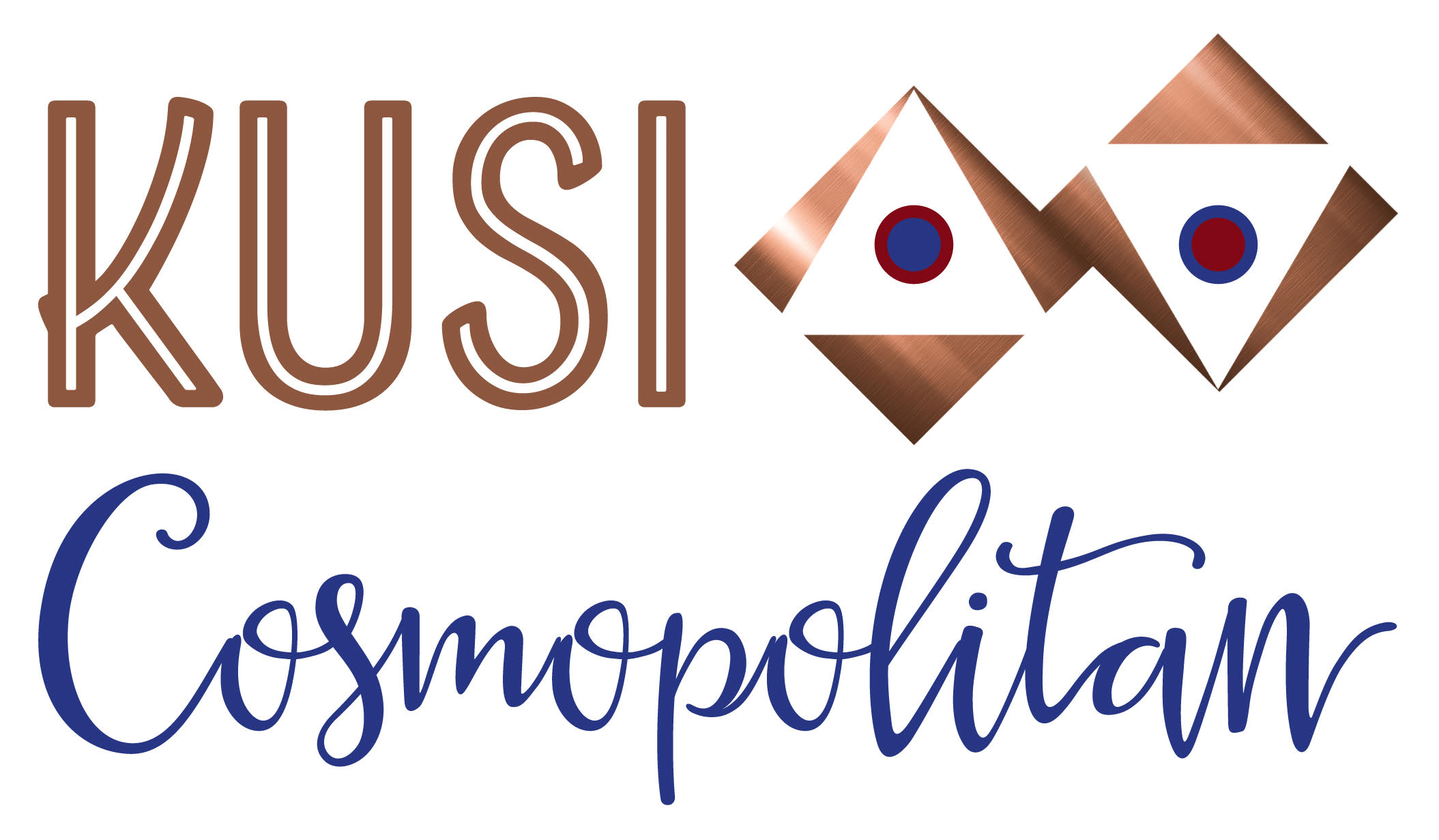The Office Racetrack- Do You Pace Yourself When There is No Finish Line?
I wonder if Excel or PowerPoint could ever become an Olympic sport? Surely some of us office junkies could qualify for a speed or an endurance category? If anything, training for the games could be good practice for pacing ourselves and for distance marking, and at worst, a great excuse to justify bad habits. “Ah yes, I have been working on a file every day for 12 hours straight over the past 2 weeks because I’m training for the 2020 games.”
In reality, I shouldn’t joke about this, because I am guilty of creating equally absurd justifications for overworking. At best, I justified overworking as a necessary means to success, but most of the time I was just compulsively acting on my own personal drive to deliver above expectations. There was also an element of perfectionism that came into play- setting up an abstract idea in my mind of what I should be able to do, that had absolutely no relationship with what I actually needed to do, or should have even been expected to do.
A small distortion of achievement ideal can be positive, resulting in the kind of self- motivation that leads to healthy overachievement and a conscientious work ethic. The danger, however, is when excess and challenges become disproportionate to the available resources- yet we insist on molding our ideal around the size of the beast. I went through this situation personally, when the company I was working for made two very large back to back acquisitions. A dramatic increase in demands and unrealistic deadlines propagated in the face of the diminished resources brought about by aggressive financial objectives. And instead of objectively evaluating what was realistic to deliver, I distorted my ideal of what I should be able to deliver to the size of what was being requested of me. I had not really accepted that the scarcity of the human resources had created a context in which no matter what was delivered and accomplished - IT WOULD NEVER BE ENOUGH.
It was excessive and impossible, yet I pushed myself beyond the limit to deliver the maximum with yet another fictitious ideal created in my mind. "It's just temporary until we catch up."
In hindsight, I have come to realize that wise people know when to recognize when that "catch up" moment will never come, or when a new "transitional period" will replace the previous one. They set limits for themselves, and are not afraid to say NO. But many others like me keep going- over extending themselves because no there is no tangible finish line, and no bar within reach for objectives.
I have since removed myself from this unhealthy situation, and with time have gained perspective on why I had tolerated it for so long. 1) My comfort level with change had eroded over the years 2) I had become addicted to the sense of satisfaction of delivering above expectations and the adrenaline of crisis management 3) When I was no longer able to deliver on the quality and volume that was being requested, I blamed myself rather than the context- and quitting meant defeat.
Furthermore, the level of excess had resulted in counter productivity and self-abuse, and my acceptance of it was a reflection of my own problem: Addicted to doing too much, and fear of not being perceived as “good enough.”
I have also realized that while bosses and company cultures have a huge impact, ultimately, we create our own level of expectations and are responsible for what we accept from our employers. In this day and age, respect, consideration, and acknowledgement of excess is much more of an exception than a rule among corporations. In this context, it is more important than ever to be vigilant of excess and careful about our ideals of what we should be able to deliver.
Today, I am happy to say that I am learning to be kinder and more considerate with myself, setting my own finish lines, and taking stock in my accomplishments as I cross those finish lines.
For more about my story see The Story of the Tipping Point of my Corporate Career published on THRIVE GLOBAL.

